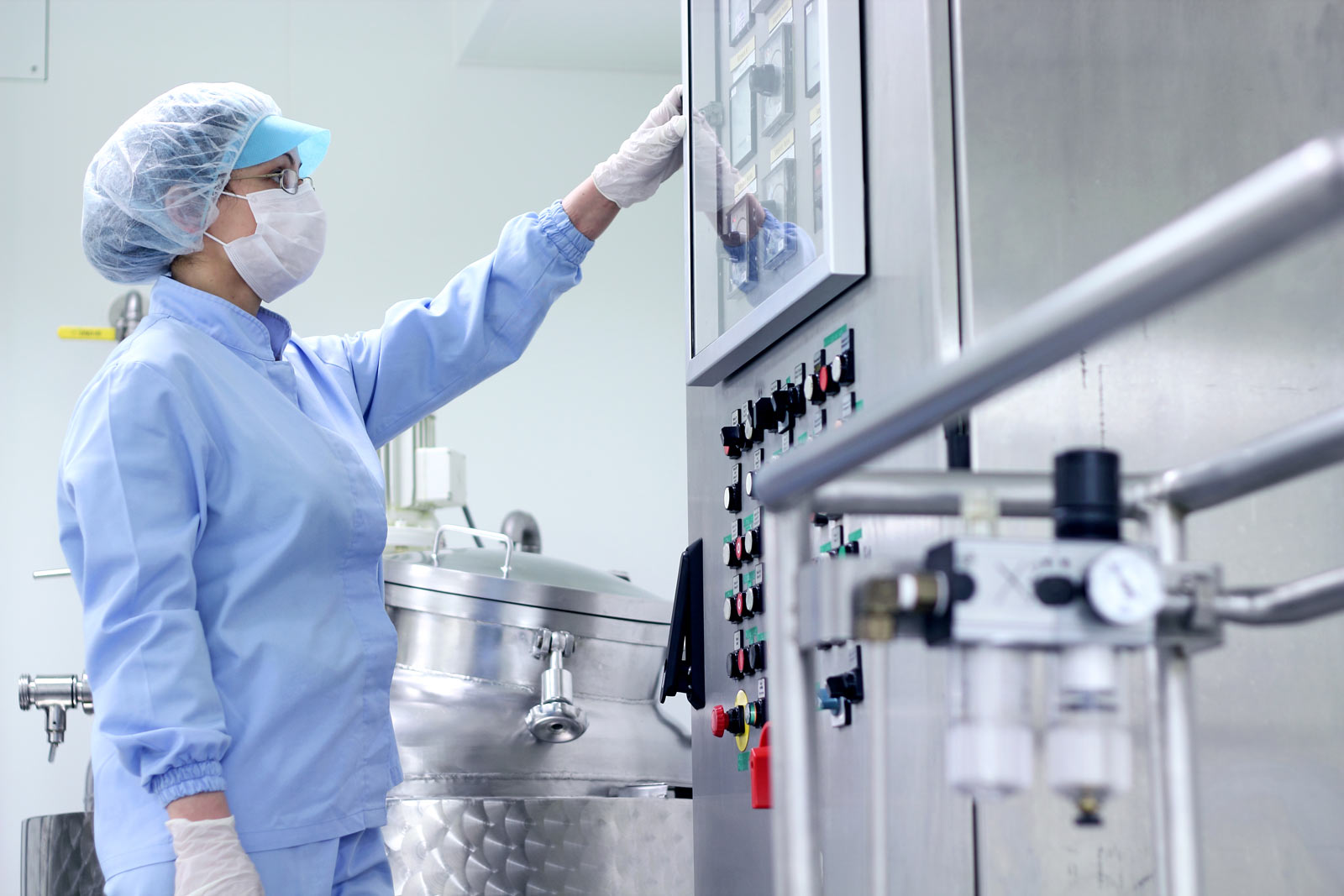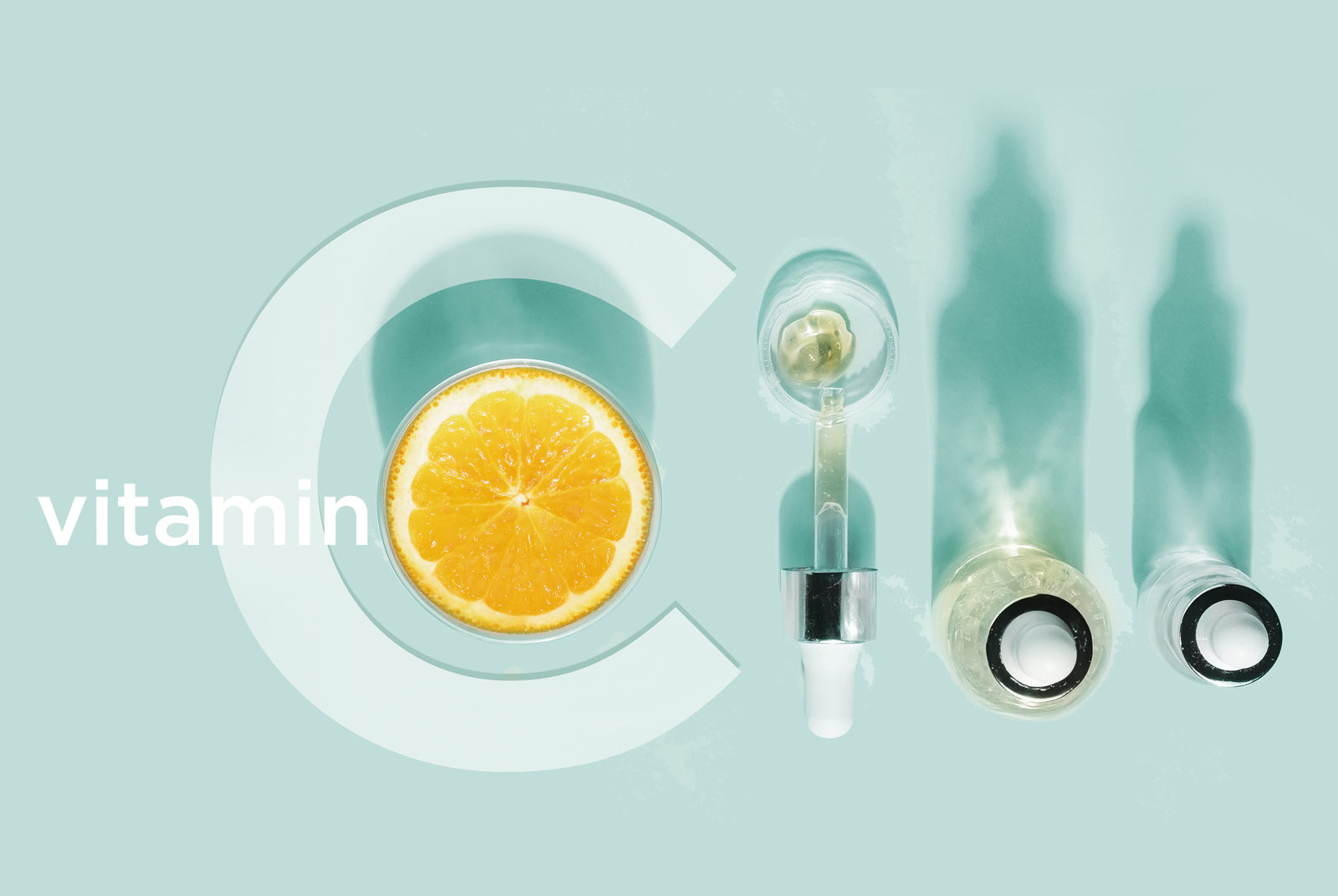
For many of us, the beginning of a year, particularly one after such a rollercoaster of a year before, can be a refreshing yet stressful period. We often give ourselves a “resolution” that we feel we need to stick to, which more often than not, focuses on health & wellbeing.
For Totally Derma®, it’s all about caring for yourself from within, so to help you bring more calm into your world, and hopefully continue throughout the year, here are our tips to help you!
HOW CAN STRESS AFFECT US?
Stress can be an incredibly harmful factor in our lives that can give us more than just a headache. Stress can cause:
- Inability to recover from illness
- Inflammation
- Low mood
- Lack of sleep
- Lack of motivation
Minimising inflammation is actually one of the key elements to boosting our inner health because it is the body’s natural defence and repair hub. When we hurt ourselves, our body reacts with swelling, redness and soreness in that area for a short amount of time while it heals. This response is not just for external injuries, it actually happens inside the body.
In our day to day lives, we are exposed to constant stress, which can trigger the inflammatory response inside the body and produces free radicals in response which, if untreated, can cause further damage and harm.
HOW TO MINIMISE INFLAMMATION AND FREE RADICAL DAMAGE
The first port of call to help reduce inflammation and free radicals within our bodies is to make sure the things we put into our body supports us in a healthy way.
One way to do this is through plant based foods – if you have already started your Veganuary challenge, then your body will be thanking you with a healthier digestive system, helping remove those toxins. It is recommended that you “eat the rainbow” with 7 portions of fruit and vegetables each day to bring vitamins, minerals and fibre into your body to help your body processes work optimally.
If you are not one to try out a plant-based diet, then why not swap one or two of your meat-based meals for a vegan option each week to help jump-start and care for your body?
Another dietary suggestion to help reduce inflammation within your body as a result of stress, is to reduce refined sugars and carbohydrates in your diet. When you consume these foods, your body reacts with a stress response as your blood sugar and insulin levels rise.
Foods such as oily fish, flaxseed nuts and seeds all contain sources of anti-inflammatory essential fats which are beneficial to your body’s response to stress. Adding these into your diet can be another way to manage and maintain your healthy body.
For a quick daily fix of anti-oxidants, add a daily supplement that you can take to help beat the harmful effects of stress on your body. For example, within our Totally Derma Collagen Drink supplement, we have added Vitamin C, grape seed extract, green tea extract, alpha lipoic acid, zinc, manganese and copper to ensure a healthy and happy body, and repair skin, hair and nails too.
Once you have developed a healthier diet and lifestyle to help your body’s reaction to stress internally, you can add other wellbeing and mindset boosters to your daily life. Whether it’s heading to the gym for a boost of energy, meeting with loved ones for conversation, or adding a relaxing bath to your night time routine while turning off screens at least an hour prior to bed, you’ll begin to create habits that help you manage your stress levels and encourage better health!
Ultimately, no matter what your plans for the year ahead, we hope you add some habits to your life to help you feel a better, healthier, and calmer self.











